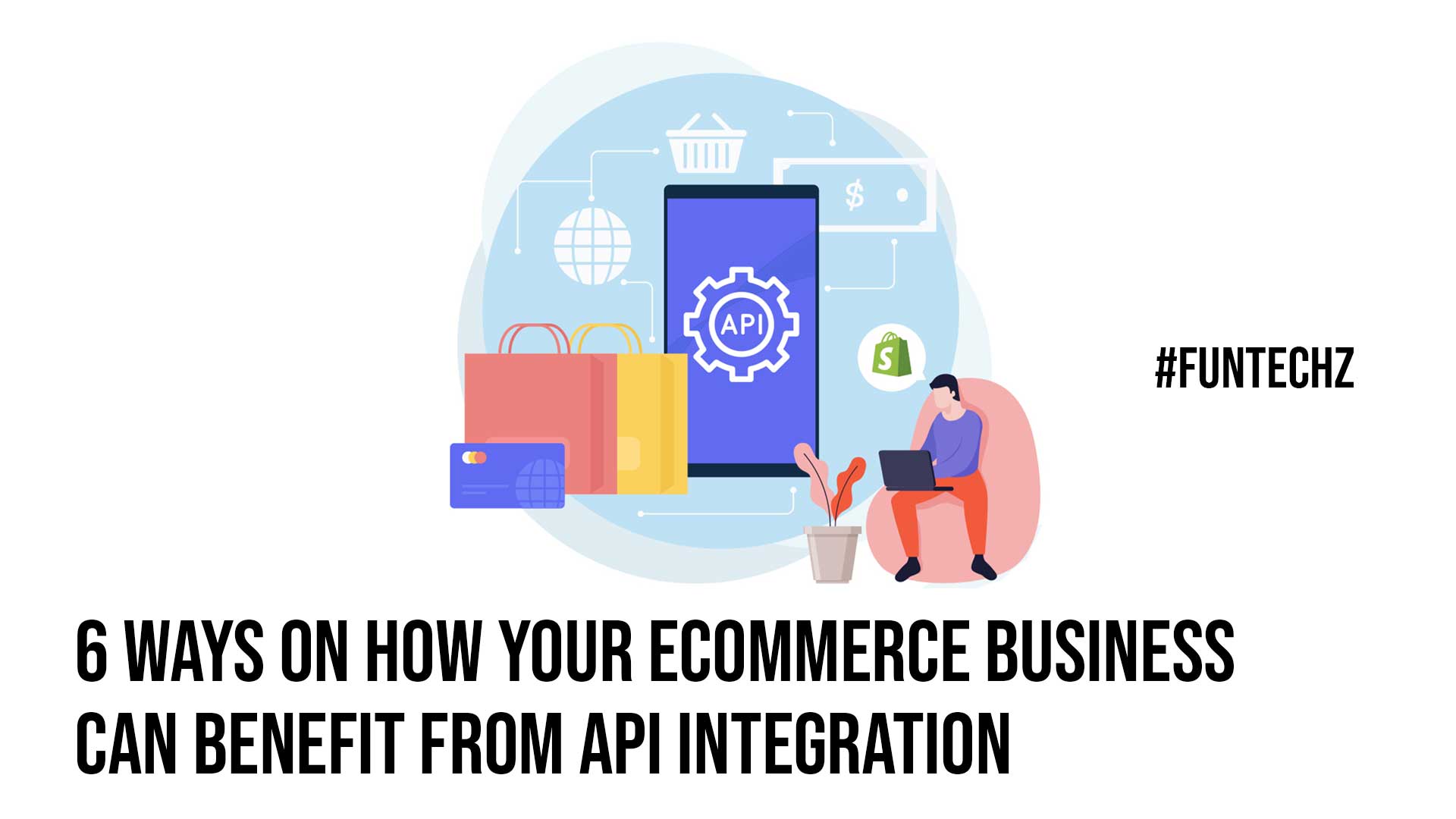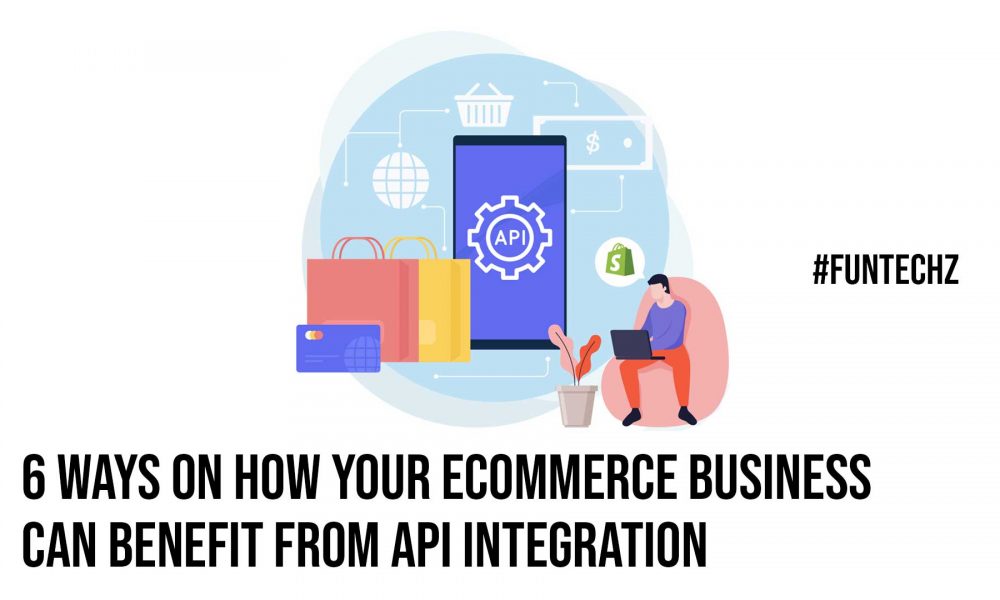Ecommerce is one of the biggest and fastest-growing business sectors in the world. That’s nothing to be surprised about, as shoppers worldwide enjoy the convenience, range, and 24/7 availability of eCommerce stores.
The sector is also highly competitive, and eCommerce entrepreneurs know how easy it is to lose customers. But there’s a set of rules that the successful ones follow, carried over from brick-and-mortar stores.

Those rules include the following:
- Giving customers the best first impression of the store
- Ensuring a breezy and trouble-free shopping experience
- Motivating customers to return for subsequent purchases
- Offering customers the chance to engage more deeply with the brand
In brick-and-mortar establishments, there are service staff members around to guide the customer’s shopping experience.
They facilitate tasks like product trials, referrals, and payments, and they do so all in one place. In the absence of physical staff to do this kind of work, however, eCommerce businesses can turn to APIs.
APIs, or computing interfaces that allow separate applications to communicate with one another, function similarly to these staff members. Moreover, they expand on the hard work done by the people running the eCommerce store.
Smooth integration of new APIs may be just the edge your eCommerce business is looking for. There’s great technology driving API design for eCommerce businesses, such as the hosted toolset Stoplight.
In this article, you’ll find six ways to grow your eCommerce business with APIs. This should get you excited to integrate them with your online store!
Also Read: How Will Kibo Code Quantum Benefit E-commerce in the Post-Pandemic World?
You Can Use Existing Apps and Services to Grow Your Ecommerce Business
When you set up shop in an online platform, you actually don’t have to build a lot of the infrastructure from scratch. Oftentimes, it’s not in your best interest. You may not have the time, budget, or technical knowledge to handle all of these things in-house.
The easiest and most efficient thing to do is to link your eCommerce store with technologies customers already trust. This includes search engines, payment processors, third-party shopping cart software, and the like.
API integration with these technologies will help you grow your store—but without you having to do any complex web development work of your own.
Also Read: 5 Reasons Why “Packaging-Free” Stores is a Bad Idea?
You Can Use APIs to Determine the Best Price for Your Goods
If you’re an eCommerce entrepreneur, you’ll know how important it is to watch the prices on your goods. You’ll always need to be aware of what factors affect pricing—and you always need to be ready to respond.
There are APIs whose purpose is to compare prices for goods across different platforms. Integrating such an API into your system will do you a lot of good on the pricing front.
It’ll keep you in the loop when the overall prices of goods are fluctuating and, consequently, help you determine the right price for your product.
You Can Deliver a Customized Shopping Experience Through Your APIs
APIs can also be used to craft a personalized shopping experience. It’s no longer enough to offer customers a lot of options. You need to show that you have their particular interests in mind.
To this end, you can integrate an API that detects algorithms for customer preferences. These can pertain to types of items, colors, materials, and the like. The API can recommend similar items to your customer, and then motivate them to purchase in line with their wants.
You Can Automate Core Processes, Like Order Fulfillment and Shipping
In the early days of eCommerce, storeowners had no choice but to do order fulfillment and shipment manually. Doing things manually is extremely tedious and time-consuming, and there’s a lot of room to make mistakes.
Luckily, manual methods don’t have to be the default for today’s eCommerce entrepreneurs. There are APIs that link to automated order fulfillment and shipping services, courtesy of third-party logistics companies.
This cuts your need to check emails, track sales in spreadsheets, and ship out packages one by one. You’ll also increase the accuracy and speed of your deliveries, which will in turn raise your customers’ satisfaction.
In e-commerce, you will have to take care of the assembly, storage, and delivery of goods to customers. Quality and fast delivery plays a vital role in the e-commerce business. You can use third-party courier services or organize your own delivery. In the latter case, you cannot do without Power BI dashboard. It is a convenient tool for delivery management that allows you to process all orders on time.
You Can Use APIs to Help with Your Finances
Your money matters will be easier to deal with if you integrate accounting and finance-related APIs. It depends on what kind of accounting software package you get—some of which include accounting APIs. For sure, these will help you and your staff stay on top of the eCommerce store’s finances.
APIs can also assist you in your tax compliance. This should be a big relief on your part since computing sales tax and making the right tax payments would be a headache for anyone. Incorporate an API that can compute sales tax on products, so that keeping compliant won’t be a problem.
Also Read: 3 Social Media Mistakes You Are Making And How To Avoid Them?
You Can Secure Your Business Against Fraud
No eCommerce entrepreneur wants to be on the receiving end of fraud. One of your priorities should be to safeguard yourself from fraudulent online transactions. You can do this with dedicated APIs.
An API can link your eCommerce site to an anti-fraud service provider. Once your system is connected to theirs, you can be in the loop about any fraudulent activity happening on your website.
The API can send you alerts, flag any suspicious-looking transactions, and block large transfers of money until they’re properly verified. If not, you can outsource security to companies that handle managed IT services where they provide various services like business data security, maintenance, etc.
There’s a variety of API products available to you, and no dearth of API developers who can assist you in your integration.
Level up your eCommerce business with the right APIs, and stay fresh and relevant in the eyes of your customers.














+ There are no comments
Add yours